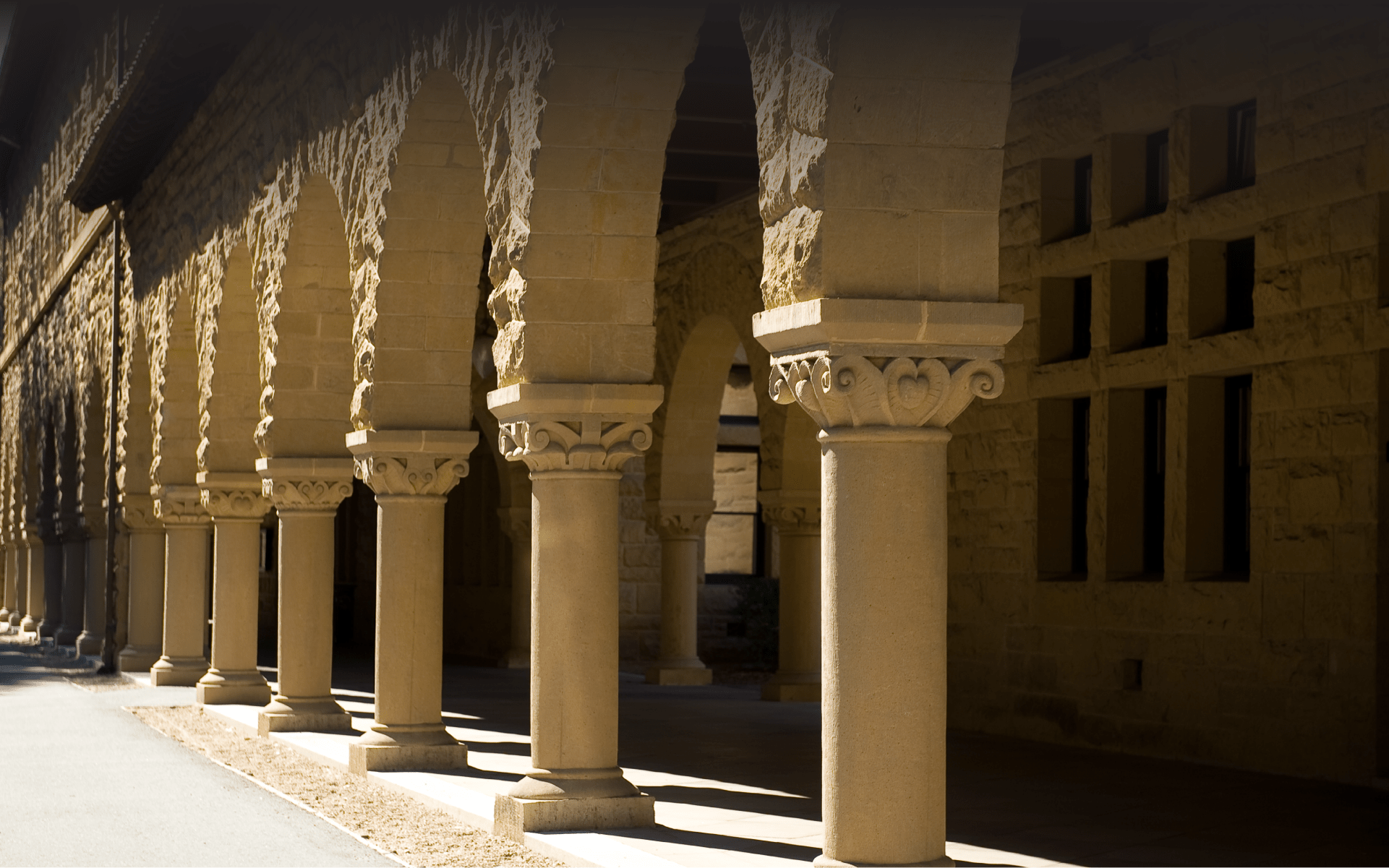FICT 56 — Fiction Writing: Inhabiting Character
Spring
Mondays
6:30—9:20 pm
Date(s)
Mar 28—Jun 6
10 weeks
Drop By
Apr 10
3 Units
Fees
$605
Format
On-campus course
Limit 21
Open
Please Note: No class on May 30
Characters in novels and stories can affect us profoundly. We become invested in their falling and rising fortunes. We may think about them long after we’ve set a book down. We can be captivated by the way they approach the world, their simple or astonishing actions, and the language they give rise to on the page. So how do we, with mere sentences, craft the illusion of vivid life? Through reading stories, novel excerpts, and craft essays—and by doing a good deal of writing—this course demystifies the process. We will study the work of writers such as Denis Johnson, NoViolet Bulawayo, Sherman Alexie, and Alice Munro. We will consider critical perspectives on character from E.M. Forster, William Gass, James Wood, and others. We will complete a variety of writing exercises designed to build authentic, original characters with hopes, desires, dreams, and regrets. Those characters will be the basis for the eight- to eighteen-page work of fiction (a novel excerpt or story) that students will write in the second half of the course and have workshopped by peers and the instructor. This course is suitable for fiction writers of any level, from beginning writers looking for help getting started to experienced writers wanting to hone the authenticity, depth, and vividness of their characters.
Rachel Smith, William Chace Lecturer in Continuing Studies; Former Stegner Fellow, Stanford
Rachel Smith’s writing has appeared in The Atlantic, The Rumpus, Brevity, and elsewhere. She has taught at Stanford, the Cambridge International Centre in Taizhou, China, and the University of Mississippi, where she received an MFA in creative writing.Textbooks for this course:
(Required) James Wood, How Fiction Works (ISBN 978-0312428471)
